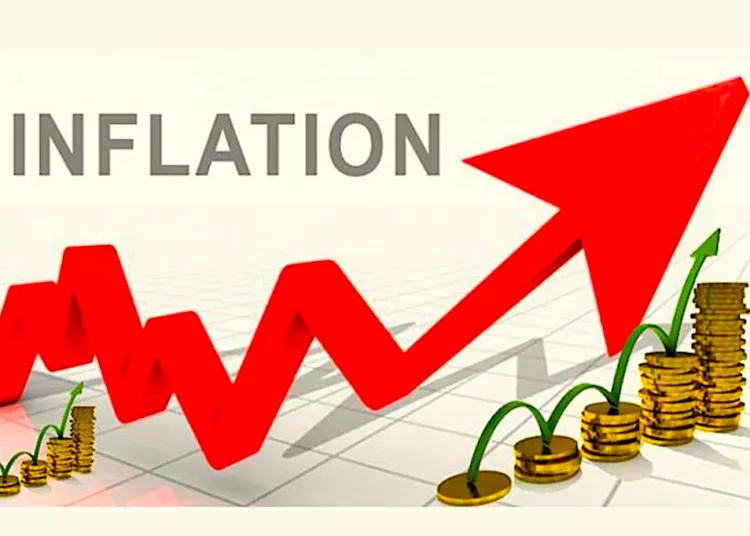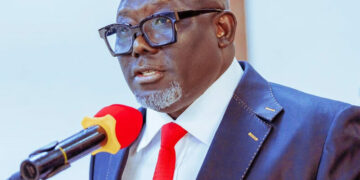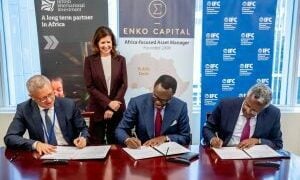Stakeholders predicted positive outlook for inflation rate in 2025 on sustained moderation in exchange rate volatility and improvements in foreign reserves.
Between June 2023 and January 2024, the value of the naira dropped from N450 to N1,600 to the dollar, causing major disruptions to the economy and further fueling the inflation. As of November 2024, the country’s annual inflation rate stood at 34.60 per cent year-on-year (Y-o-Y).
Speaking on this, the director/CEO of Centre for the Promotion of Private Enterprise (CPPE), Dr. Muda Yusuf stated that the inflation outlook for 2025 promises to be positive for the following reasons: sustained moderation in exchange rate volatility; improvements in foreign reserves; and a strong base effect, given the high inflationary pressures experienced in 2024.
To ensure a further moderation in inflationary pressures, CPPE recommended pause on monetary policy tightening and interest rate hikes by the CBN to reduce business operating costs; and reduction in fiscal risks to macroeconomic stability through a reduction in fiscal deficit and deceleration in growth of public debt.
Looking ahead into 2025, the president of Lagos Chamber of Commerce and Industry (LCCI), Mr. Gabriel Idahosa forecasted that the Nigerian economy could witness transformative economic growth in 2025 if decisive and strategic policy actions are formulated and implemented to address lingering economic challenges.
Idahosa said, “the Nigerian economy experienced a tumultuous period marked by persistent rising prices, burdening interest rates, high cost of production, low demand, and an uncertain macroeconomic policy direction.
“It stands at a critical juncture, presenting hope for possible transformative growth, which requires decisive and strategic policy actions to address lingering challenges.”
According to him, inflation is expected to ease as monetary policies take effect, with trade, agriculture, and manufacturing poised to drive job creation vital for addressing unemployment and poverty.
He, however, stated that closing infrastructure gaps should remain a top priority of the government, which would necessitate innovative funding models and enhanced public-private partnerships to accomplish.
Idahosa also tasked the federal government to do more to improve the country’s business environment in order to attract more direct foreign investments, especially in power (and in renewable and CNG projects), oil and gas, and telecommunications sectors.
An economic expert, Dr Biodun Adedipe also noted, Nigeria’s economic indices for the year 2025 shows a positive outlook, with reforms beginning to pay off, leading to faster economic growth.
The economist projected that inflation would reach an inflection point in the early part of 2025, causing a potential downward trajectory of the country’s Monetary Policy Rate.
He added that tightening by the Central Bank of Nigeria (CBN), effects of tax reforms if implemented and supply-side bottleneck issues tamed should result in a reduction in inflation rate.





